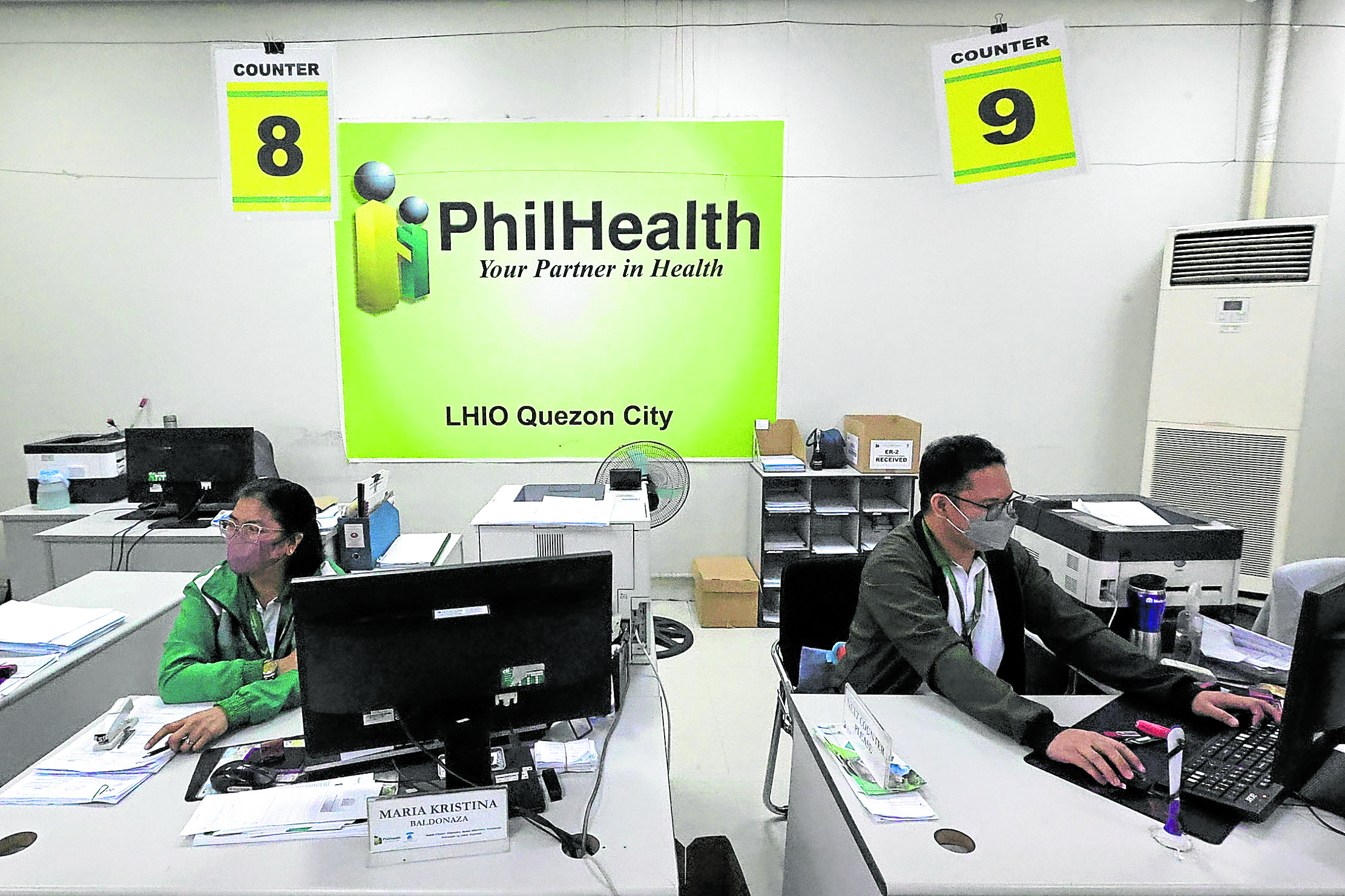MANILA, Philippines — The Philippine Health Insurance Corp. (PhilHealth) is set to increase again the benefit package for each session of hemodialysis, which will lessen the out-of-pocket payments of patients with stage 5 chronic kidney disease (CKD5).
But there’s a catch: Despite the increase in the benefit package, the PhilHealth board has also allowed private dialysis providers to charge patients out of pocket, if there are services needed beyond the “minimum standards of care.”
According to Health Secretary Teodoro Herbosa, chair of the PhilHealth board, PhilHealth increased the new rate to P6,350 from the previous P4,000 per dialysis session in both public and private dialysis units.
Herbosa said the decision to increase the cash rate by 58.75 percent was reached by the board on Wednesday, “following the guidance of President Marcos”
READ: PhilHealth eyes 100 percent hike in coverage for dialysis patients
Last week, Herbosa convened the PhilHealth benefits committee, which heard feedback from hospitals, dialysis centers, and the Philippine Society of Nephrology about the “persistent challenges of dialysis.”
Herbosa said “we have also reminded [the PhilHealth] management to work fast on urgent care and emergency benefits to complete the picture,” referring to the needed circular and operationalization so that the higher rate can be claimed.
This will be the second time this year that the health insurance agency increased its case rate for hemodialysis since June.
PhilHealth earlier increased the case rate from P2,600 to P4,000 for each hemodialysis session for CKD5 patients.
It also increased the maximum number of hemodialysis sessions from 90 to 156, equivalent to P990,600 a year under the new rate.
But now, nephrologists in private dialysis units are allowed to bill an additional fee of up to P450 for services rendered and private dialysis centers can charge for medicine or procedures not considered under minimum standards.
This also means that only publicly accredited dialysis centers are prohibited from billing additional charges to their CKD5 patients under the “no balance billing” system.
Based on the current circular, included in the minimum standards for CKD5 patients are erythropoietin, intravenous iron sucrose, and heparin or enoxaparin.
There are also eight laboratory tests, which a CKD5 patient may take “any or all, as needed:” complete blood count; serum creatinine; hepatitis profile; alkaline phosphatase; potassium, phosphorus, calcium; serum iron/ferritin/transferrin; total iron binding capacity; and albumin.


